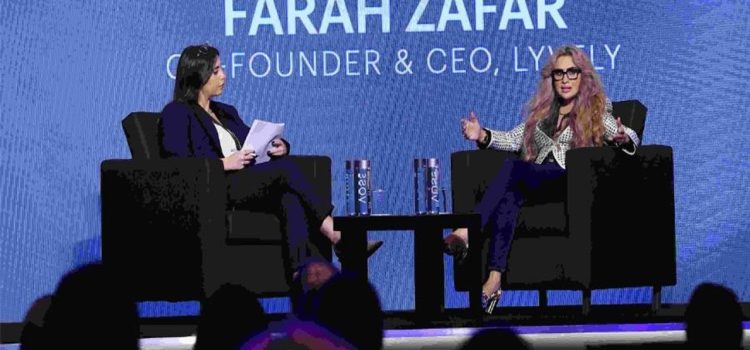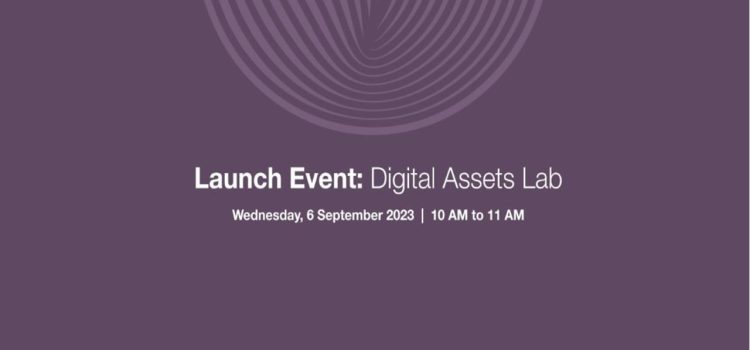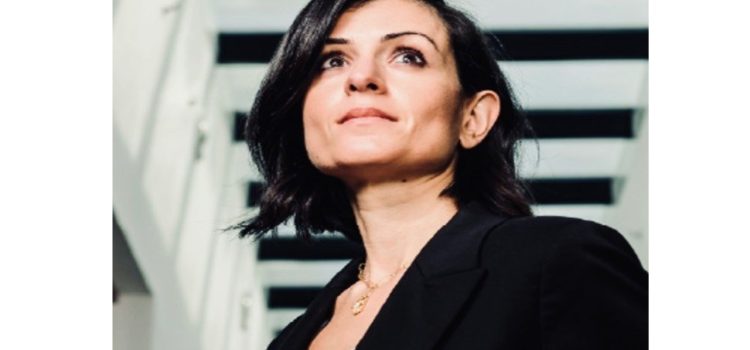
UAE-based social networking and content monetization platform Lyvely, that provides an integrated multimedia e-commerce and payments solution, has successfully raised an undisclosed amount from UAE based Cypher Capital, an early strategy venture firm.
Lyvely soft launched early this month (August) and is already experiencing rapid growth and user adoption. Led by experienced cofounders, Farah Zafar and Dave Catudal, Lyvely aims to compete with Big Tech global giants and revolutionize the current social networking and social e-commerce landscape.
“We are the world’s first social networking profile that pays,” says Zafar, who is Lyvely’s Co-Founder and CEO. Every time you post content on Big Tech platforms, they make money. When was the last time you got a cheque or received a payment from Instagram? It just doesn’t work that way in Big Tech because it’s a biased and broken system. Lyvely’s doing it differently. We’re the Platform for the People. Our commitment to our users is to reward them fairly for their contribution to the Lyvely ecosystem. Our mission is to empower people to thrive in this new digital age.”
With the recent funding round led by Cypher Capital, Lyvely has a strategic advantage in the Web3 space. With Cypher Capital’s support, Lyvely will be developing a Cryptocurrency Token that seamlessly integrates into the platform, enhancing the user experience and earning potential on Lyvely.
“We’re designed as a familiar and intuitive Web2 platform, but we’re actually the bridge to a Web3 future for hundreds of millions of people” says Dave Catudal, Lyvely Co-Founder and CXO. “We’re here to create the #1 platform for anyone to monetize their content or services online. With our Token having extensive utility within our platform, we introduce the use of cryptocurrency to the masses, with zero barrier to entry.”
Joining the ranks of Lyvely’s advisory board are Bijan Alizadeh, the Co-Founder of Phoenix Group and Co-Founder of Cypher Capital, and Bill Qian, Chairman of Cypher Capital.
Bijan Alizadeh said “Lyvely is a company that excites us because of the quality of the founders, and the vision they have for becoming the bridge to Web3 for the masses. With Lyvely’s platform, they have seamlessly integrated a tokenized ecosystem using a Web2 user experience and have created a fully integrated platform that revolutionizes the way people make money online. We believe in its future and potential.”

















